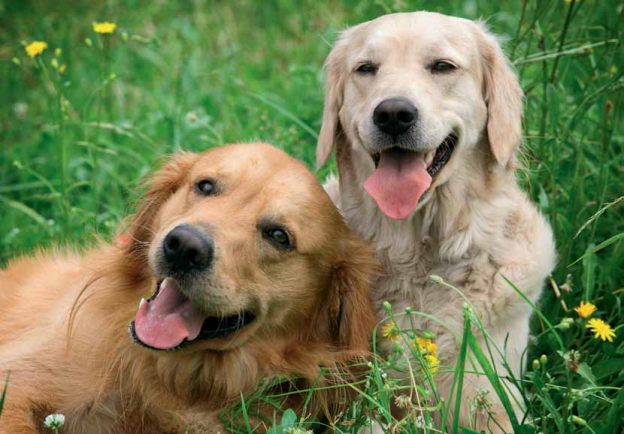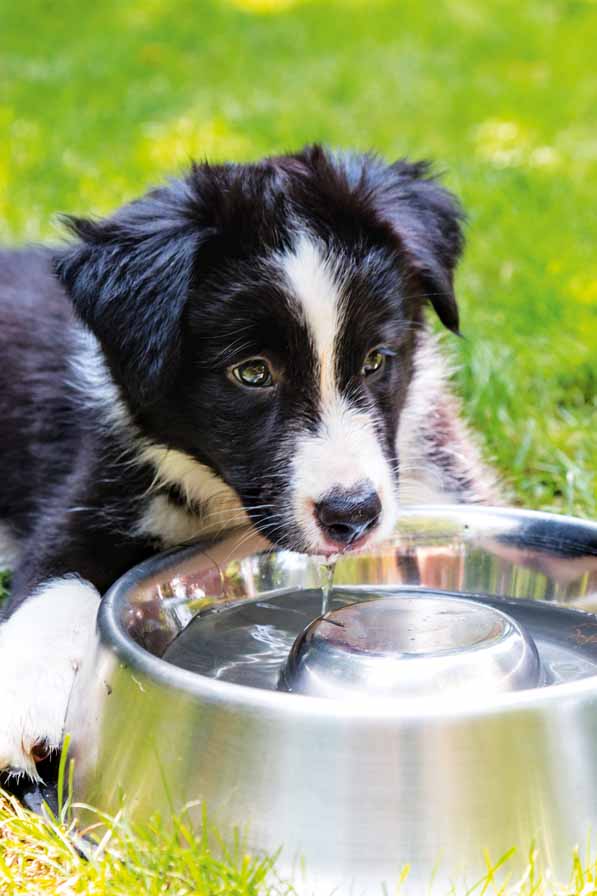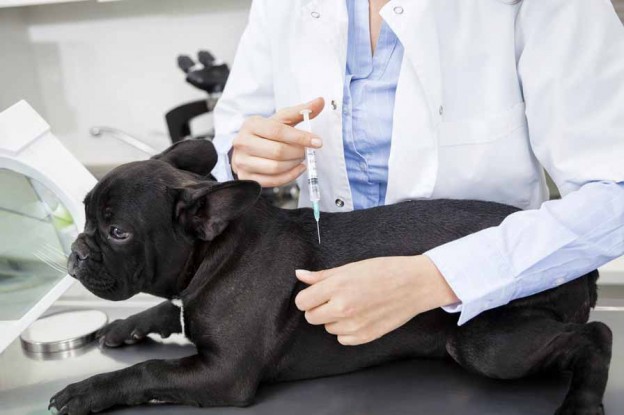
For dogs, cold weather means lazy afternoon naps in front of the fireplace, snuggling up on the lounge with the family and, if lucky, maybe even getting to share their owner’s bed.
But for many unfortunate dogs, particularly those that are getting on a bit in age, winter also brings with it the pain and stiffness of arthritis. “Approximately one in five dogs over one year of age is affected by arthritis, also known as osteoarthritis,” explains Bayer Technical Services veterinarian Dr Liisa Ahlstrom. “It is more common among ‘senior’ dogs, large- and giant-breed dogs, and overweight dogs, but can occur in any breed.”
But what causes arthritis in our canine friends, why is the pain worse in winter and what can we do to help them stay as comfortable as possible? We asked Dr Liisa and Dr Joanna Paul, a veterinarian from creatureclinic.com, for the lowdown on all things osteoarthritis in dogs.
What causes osteoarthritis?
Osteoarthritis is a common problem among older dogs. While sometimes the condition is the result of wear and tear associated with a life well lived, there can also be other factors at play. “Arthritis can occur for a variety of reasons, including trauma, abnormal loads on joints, and congenital abnormalities like hip or elbow dysplasia,” Dr Paul says. “Commonly it is simply due to wear and tear of the cartilage within the joints — for this reason, it tends to strike older dogs most frequently.”
Arthritis occurs when joint cartilage deteriorates and leaves the bone underneath exposed. The synovial fluid in joints also becomes thinner and provides less cushioning, and the end result is discomfort and pain when moving around.
What problems can it cause for my dog?
- Stiffness or limping after exercise
- Difficulty rising, especially after a long time lying down
- Reluctance to exercise or climb stairs and reduced activity levels
- Difficulty jumping into the car
- Stiffness when moving around, lagging behind on walks
- Difficulty grooming or scratching
- Muscle atrophy
- Barking unexpectedly
- Licking or chewing at the affected joints
- Aversion to patting, and vocalisation if touched
- Decrease in food intake and possible weight loss
- Aggression and biting.
Common causes of osteoarthritis
While there are many potential causes of osteoarthritis, there are a few key culprits most commonly responsible for this debilitating condition. “The most common causes of arthritis are old age or ‘wear and tear’ on the joints, injury, developmental abnormalities and obesity,” Dr Liisa says.
Want to read the full story? The original article was published in DOGS life issue 138. Purchase the issue or subscribe to our magazine here.







